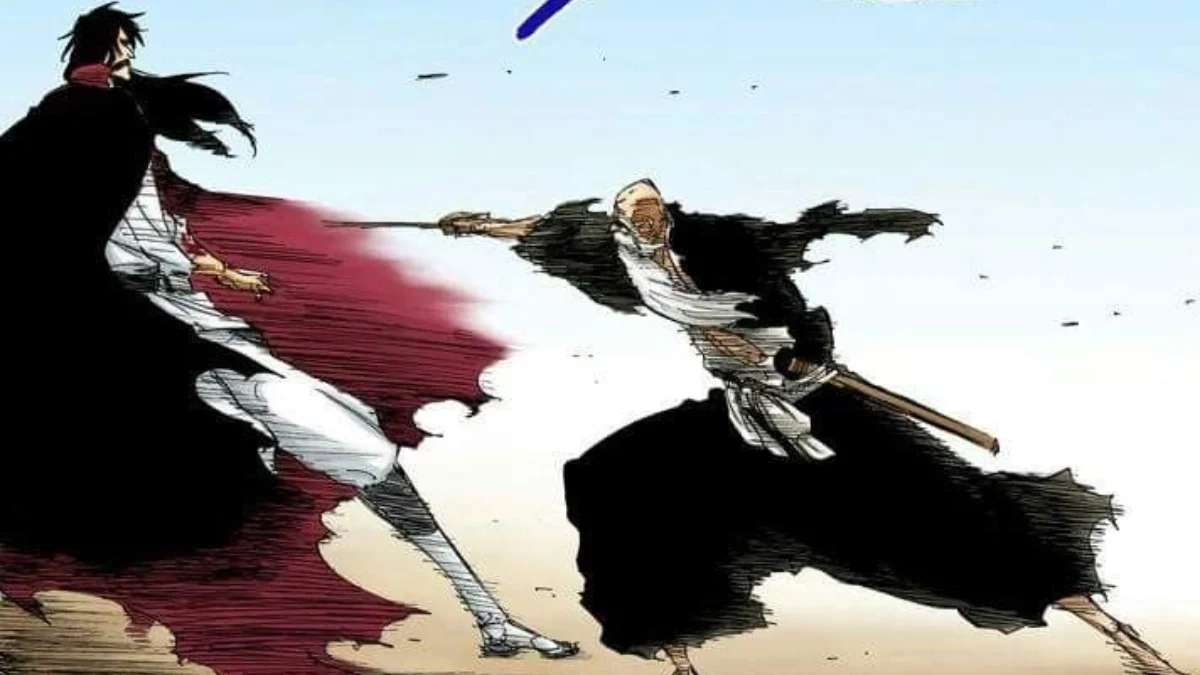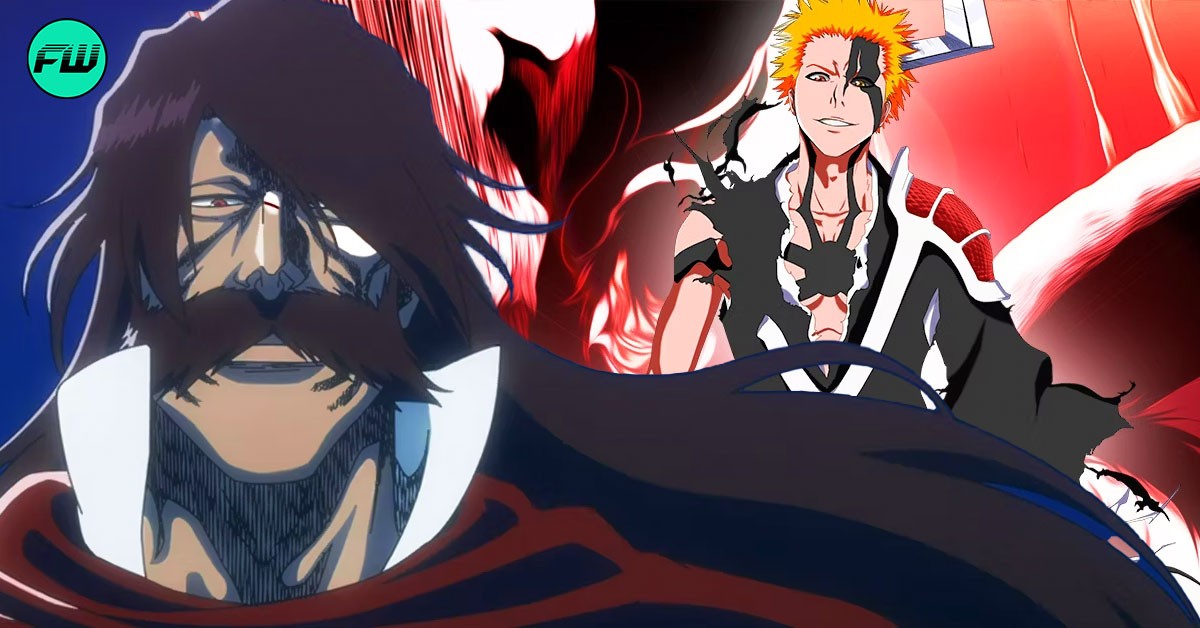Spoiler Alert: The article contains major spoilers for Bleach: Thousand-Year Blood War episode #24.
Episode #24 of Bleach: Thousand-Year Blood War opened with a new scene that’s not in the manga. The episode delves into Yhwach’s past and motives, adding more depth to the story.
In Thousand-Year Blood War, the Quincy king has been mysterious. He led the first and second attacks on the Soul Society, but his motives are not yet entirely revealed.

At first, revenge for the Quincy genocide seemed like his motive, but again – his past defeat and sealing were still unexplained. Now the episode clarifies all these undisclosed aspects and his connection to the Soul King in episode #24’s flashback.
Yhwach’s Ambition to Restore The World of Bleach
In episode #24 of Bleach: Thousand-Year Blood War, the first scene takes us back in time, 1,000 years before the current events. Ichibe Hyosube, the leader of Squad 0, tries to make a peace agreement with the Quincy king, Yhwach.

However, Yhwach sees it as deceit and asks about the world’s state, divided into three realms, and the concept of death’s origin. Yhwach doesn’t like how things are and wants to go back to a time when the Soul Society, Hueco Mundo, and the World of the Living were all one, with no difference between life and death.
Yhwach mentions the Soul King as his father and is unhappy with how the Soul King is kept, with body parts separated. It hints that the Soul King’s condition and the world’s division are connected.
Episode #24 Explains Yhwach’s Past Defeat
Yhwach learns the truth from Ichibe’s hand (which is actually the Soul King’s), and the audience sees quick images. Yhwach takes the hand but loses some of his divine power.
This explains why Yamamoto defeated Yhwach 1,000 years ago when Yhwach didn’t have the Almighty, while he easily defeated the Soul Reaper commander in the present.

Yhwach’s motivations now make more sense. This information wasn’t revealed in the manga until much later, and it left many questions unanswered. Quincy’s history, the Soul King’s nature, and Yhwach’s connection to him were all mysteries.
This new revelation about Yhwach’s past and his true goals helps the story. It also shows that Yhwach isn’t just a one-dimensional villain.
Bleach: Thousand-Year Blood War has been good at clarifying and expanding on parts of the story that were unclear in the manga. This new flashback helps fans understand Yhwach and the world of Bleach better.
Also Read: Does Bleach: Thousand-Year Blood War Give Justice to its Most Unnecessary Character?

